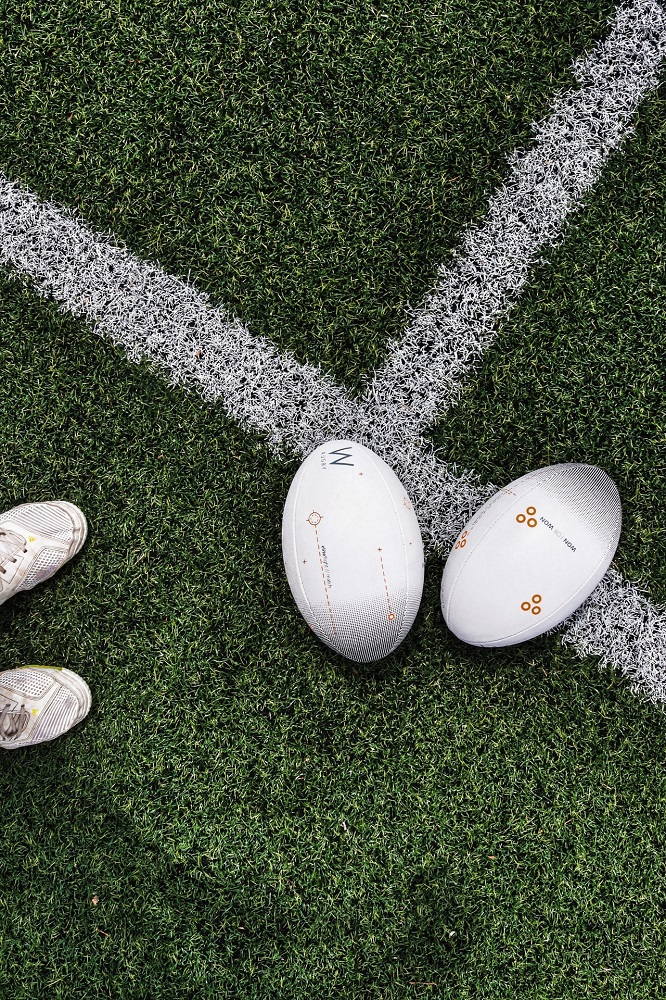
Sports are an excellent way for your kids to enjoy exercising and to develop as people. But contact sports can carry some risks. When your child is deciding which sports to play, it’s worth assessing the risks when making a decision. Below, we explore the risks and benefits of playing contact sports from a young age.
The benefits
There are plenty of benefits that make playing contact sports worthwhile. For a start, organised contact sports can help your kids develop as people. They’ll learn respect from listening to teammates, coaches and officials. Plus, the rules and schedule of contact sports will teach them discipline and organisation too. On top of this, contact sports can boost your child’s confidence as they learn how to play, and they might even learn how to protect themselves too. And all these benefits are before you consider how regular exercise can boost your mental and physical health too.
The risks
However, there are risks that you should be aware of before encouraging your child to pick up a contact sport. One of the main issues is that kids who play contact sports are at risk of repeated head trauma and concussion. Research suggests that this can be particularly damaging for children: their brains are still developing and head trauma can alter how it functions – the brain will spend time healing rather than developing. On top of this, your child will also be at risk of other injuries such as broken bones and torn muscles and ligaments. However, many of these injuries can also occur in non-contact sports. Ultimately, if your child is keen to play a contact sport, you should be aware of the risks and take measures to protect them in advance.
How to protect your kids
If your child does choose to play a contact sport, you should take some sensible measures to protect them. For instance, you should be vocal about safety with your children and officials. By having this conversation, teams can put safety measures in place for your child. In rugby, for example, this might occur by making mouthguards compulsory in training. On top of this, you should also be aware of concussion symptoms. Headaches, dizziness, imbalance and nausea can all suggest that your child is suffering from a concussion. Finally, if your child does suffer an injury while playing a contact sport, you could hire no-win no-fee personal injury solicitors to help earn compensation to help with their recovery.
Contact sports can bring your child many benefits, but they can also be dangerous. However, by understanding the risks you can take steps to protect your child.
© Copyright 2022 Antonia, All rights Reserved. Written For: Tidylife


Leave a Reply